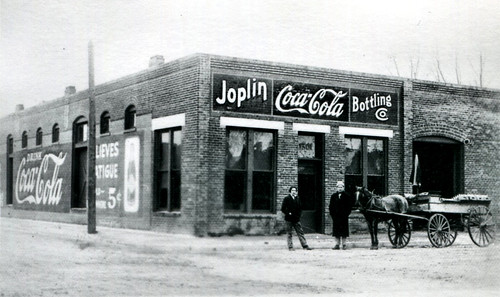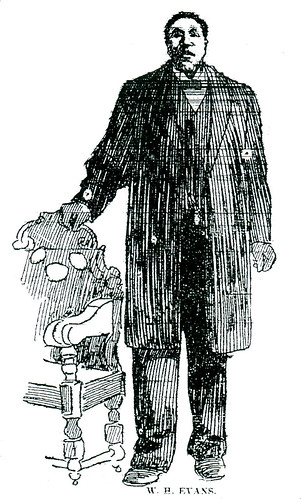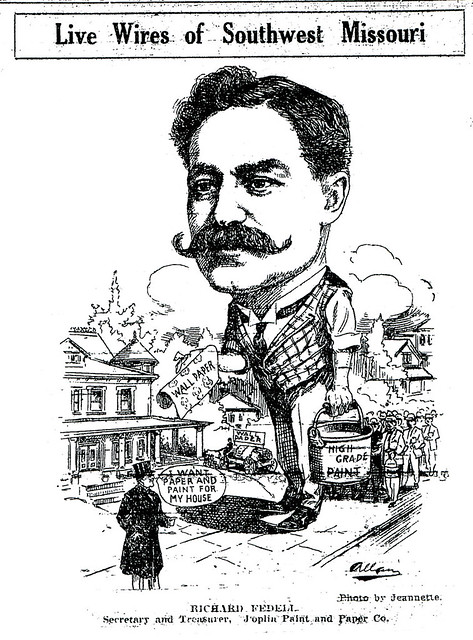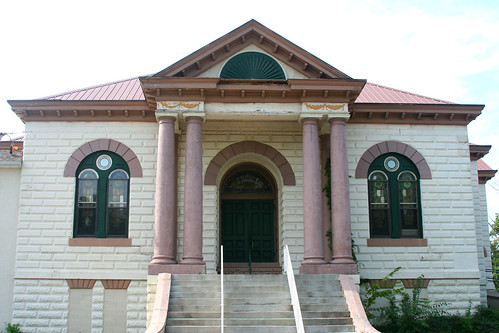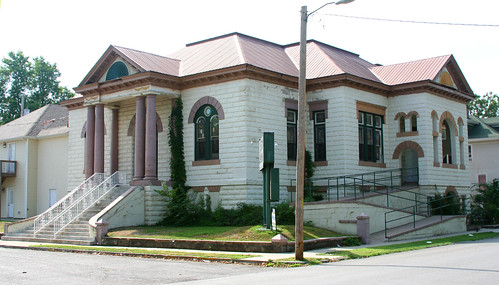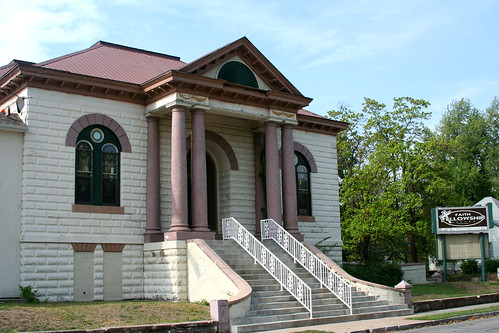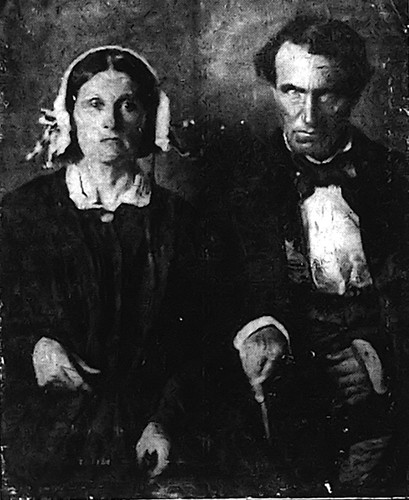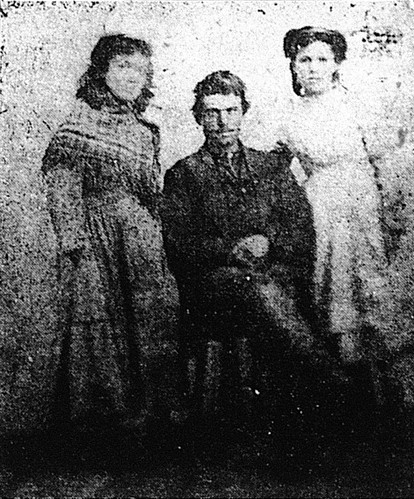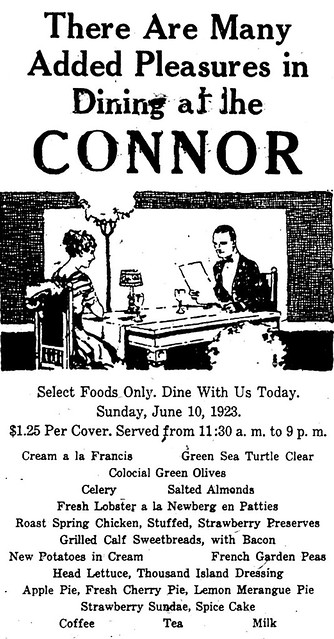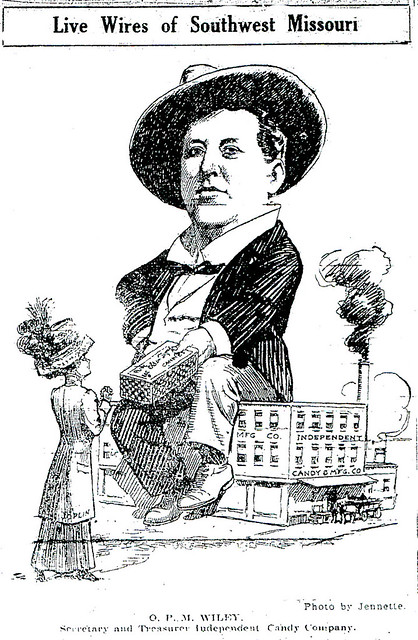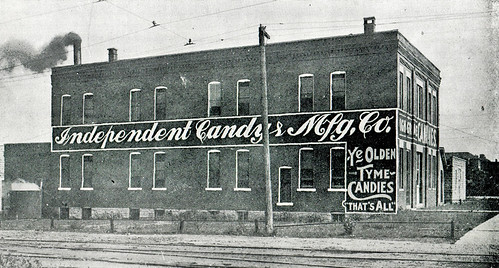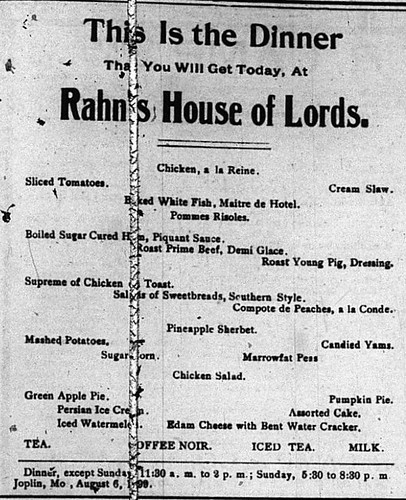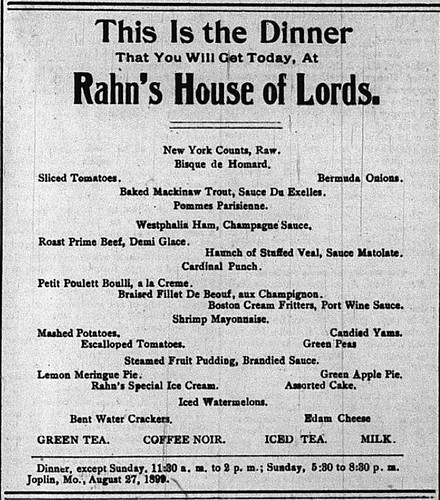At the turn of the century, a sizable number of Americans believed that Socialism might prove a viable alternative to the Republican and Democratic parties. Joplin was home to a small community of Socialists who banded together to form an organized body that passed the following resolution:
Whereas, The whole world of so-called civilization, has run mad after political lust and the gain of filthy lucre;
and
Whereas, The machinery of government in our own beloved land and country, by the cupidity of government officials, the connivance of the emissaries of kings and monarchs and financial filibusters, is given over to the enemies of humane government, thus blighting the homes and fortunes of labor in our land of boasted liberty;
And
Whereas, All government that is not purely national and co-operative, tends to the final destruction of the interests of the laboring and producing masses, and to the degredation of the intellect and morals of the same; and
Whereas, The Appeal to Reason, published at Girard, Kansas, by one Wayland, ‘The One Hoss Philosopher,’ is an able and efficient exponent of the only true principles of government upon the earth on which we live.
Therefore,
Resolve, First — That each one of us who hereunto attach our names, shall thereby agree and promise to procure at least one annual subscriber per month to the Appeal to Reason, at 25 cents each in advance.
Resolved, Second — That we earnestly request our friends and comrades in every locality, to organize in this way for the purpose of universal diffusion of socialistic literature.
Resolved, Third — That we as a body of individuals agree to meet at such times and places as we may hereafter determine upon, for the deliberation and mutual assistance in carrying out these and other measures that may seem advantageous, from time to time.”
Signed: Hugh J. Raible, M.W. Clark,J. Ristine, Raymond Ristine, E.J. Stiles, S.J. Daily, G.A. Wadleigh, A.H. Adams, D.F. Wood
In any history course on American political parties during the late nineteenth and early twentieth century, one will undoubtedly hear the names Appeal to Reason and Eugene V. Debs. First published in Kansas City, the Appeal to Reason was the country’s leading socialist newspaper. Its publisher, Julius Wayland, later moved the paper to Girard, Kansas, where it flourished until Wayland’s death.
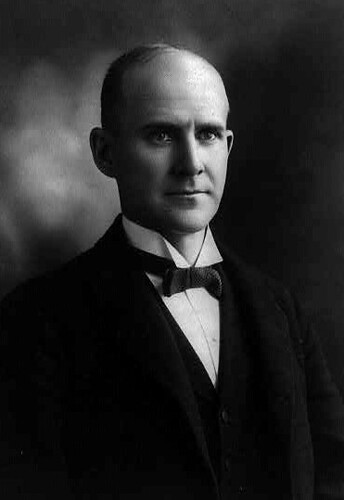
Eugene Debs via Library of Congress
During the election of 1900, Socialist presidential candidate Eugene V. Debs received 6,139 votes in the state of Missouri. In 1904 he received 13,000 votes and in 1908 garnered over 15,000 votes in Missouri. The perennial presidential candidate, originally from Terra Haute, Indiana, spent the majority of his life working to bolster labor unions and the working class.
Debs was no stranger to southwest Missouri. He spoke throughout the region and all over the country and appeared in Joplin on several different occasions. On one such occasion he spoke to a large audience at the Club Theatre on labor unions and business trusts. Debs was described by one reporter as “very tall, slightly stoop shouldered man, with smooth shaven face and pierce eyes. His speaking is distinguished by his earnestness rather than any oratorical polish. He spoke rapidly and without effort, but does not present a very easy bearing on the platform.”
He proclaimed, “Labor must organize for this is an age of organization. Let the labor union be preeminently educational. Banish strife, discontent, jealousy, and self-interest from your chambers. Let each member remember that his interests are identical with the interests of all.” As his speech continued, Debs observed that, “All progress is the result of strikes and agitation. It was a strike at Bunker Hill and Concord, Washington, Adams, Greene, Warren, all our revolutionary heroes and patriots, were strikers. It was a strike when our patriot forefathers declared a boycott one England’s tea and disguised as Indians went on board the British vessels and converted Boston harbor into a tea pot.” He voiced his belief that many modern evils were the result of the use of machinery because mechanization displaced men from their jobs.
Debs said of Joplin, “I have often heard of this mining district, but the reality indeed surprises me. It is so busy, so bustling, and so active. Why, the only thing like it I have ever seen were silver mining towns of the old days in the west.” He then remarked, “I am pleased with the labor unions of Joplin; they seem enthusiastic and well organized. I think they will do a great deal of good. I have been surprised at the strength and good will displayed by the various organizations. Labor unionism has a great future in this district.”
After Debs finished, he left for a speaking engagements at Galena and Pittsburg, Kansas. From 1900 until 1920, he ran as the Socialist candidate in every presidential election. In 1920, he campaigned from his federal jail cell after he angered President Woodrow Wilson for speaking out against Wilson and America’s involvement in World War One. He was later released by order of Wilson’s Republican successor, President Warren G. Harding.
Source: Democracy’s Prisoner: Eugene V. Debs, the Great War, and the Right to Dissent by Ernest Freeberg. Various Joplin newspapers. Library of Congress
